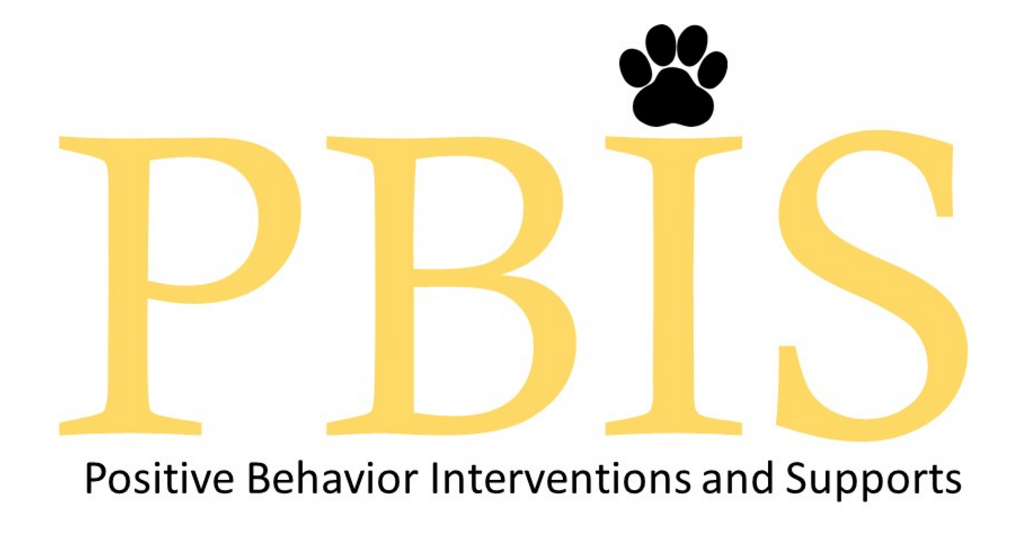Training and Consultation (TaC)
Training and Consultation (TaC) staff provide technical assistance to Pennsylvania educators, parents, paraprofessionals, and agency personnel. TaC staff have specifically designed training responsibilities based upon their training and/or expertise.
The mission of TaC is to support Pennsylvania’s special education regulations and initiatives by partnering with local education agencies to build their capacity to provide both preventive interventions and quality special education services and programs that promote student success.
Delivery of Services
- Professional Development (Individual, Small Group, Whole School)
- Modeling / Coaching / Guided Practice
- Meaningful Consultations (Face-to-Face, Video/Phone Conferencing)
- Resource Identification
- Online ACT 48 Trainings
Trainings/Consultations Provided To:
- Teachers (General Education / Special Education)
- Paraprofessionals
- Personal Care Assistants (PCAs)
- Support Staff
- Building/District Administration
- Parents / Guardians
-- Assistive Technology (AT)

-- Behavior Support (PBIS)

- Positive Behavior Strategies and Interventions
- Functional Behavioral Assessment
- Positive Behavioral Support Planning
- Applied Behavior Analysis
- Autism
- Nonviolent Crisis Intervention
- PDE Behavioral Initiatives (Schoolwide Positive Behavior Support, RENEW, Classroom Management)
- Youth Mental Health First Aid
- Other customized offerings to fit the audience needs

-- BrainSTEPS

- Is comprised of education professionals, medical rehabilitation professionals, and family members.
- Receives ongoing training from local and nationally recognized leaders in the field of pediatric brain injury.
- Provides "BranSTEPS 101" presentations, helping schools compensate for the lack of brain injury training in college teacher training programs.
- Provides training, consultation, and on-going support regarding identification, school re-entry planning, IEP development, intervention selection and implementation, long-term monitoring of students, and other issues professionals face in supporting students with brain injury.
- Consults with team through the BrainSTEPS Program, on a case by case basis.
- Nausea/vomiting
- Changes in behavior
- Bulging "soft spot"
- Severe headache
- Blurred vision
- Dizziness, clumsiness
- Weakness to one side of the body
- Slurred speech
- Confusion
- Seizures
- Development of teams
- Ongoing team training
- Consultation from IU team
- Professional Development
- Hospital to school re-entry
- IEP and 504 plan development support
- Academic interventions
- Educational programming
- Graduation planning
- BrainSTEPS Referrals
- Brain Injury Association of America
- CDC Heads Up to Youth Sports
- BrainSTEPS Brochure-Updated May 2019
- When Your Child's Head Has Been Hurt
- A Concussion is a Brain Injury-Get the Facts-Sports and Concussions
- Patient-Family Education-Head Injury
- Brain Injury-The ABC Years-Understanding and Preventing Pediatric Brain Injury
- My Child Has a Brain Injury-What Do I Do Now
- Facts About Traumatic Brain Injury
- After a Mild Head Injury or Concussion-All Ages
-- Gifted Education Network
-- Inclusive Practices/Least Restrictive Environment (LRE)

- Compliance Monitoring
- Educational Benefit Review (EBR)
- Supplemental Aids and Services (SaS) and the SaS Toolkit
- Instructional Strategies, Such as Universal Design for Learning
- Writing Standards-Aligned IEPs
- Progress Monitoring
- Standards-Based Goals
- Specially Designed Instruction
- PA Alternate Eligible Content (AEC) and Essentialization of the AEC
- Extended School Year
- Co-Teaching
- Presuming Competence and Project Max
- Other Related Topics as Requested
-- Multi-Tiered System of Support (MTSS)
-- Programs and Services
- Face-to-Face Workshops
- Mentors
- Consultations
- Supervised Book Studies
- Portfolio Development
- Online Workshops
- Action Research
- Job-Embedded Professional Development
- Professional Learning Communities
- Act 48 Awarded Hours
- Planning and Preparation
- Classroom Environment
- Instruction
- Professionalism
- Danielson Framework
- Effective Instruction
- Classroom Management
- Safe and Supportive Schools
- Standards Aligned System
- Positive Behavior Intervention and Supports
- Multi-tiered Systems of Support
- Professionalism
- Supporting Parent Involvement
- UDL, Differentiation and Depth of Knowledge (DoK)
- Adaptations and Modifications for Diverse Learners
- Assessments
- Other topics as appropriate or requested
-- Secondary Transition
- Use assessments to identify the student's post-secondary goals.
- Transition assessments can be found by visiting the Pennsylvania Transition Assessment Resource Wiki or the Transition Assessment Livebinder.
- Describe the student's Present Levels of Academic Achievement and Functional Performance (PLAAFP), through assessment data.
- Establish transition team partnerships.
- Agency involvement is as individualized as the IEP is to the student and can include OVR, Case Management, Department of Public Welfare, DCYF, Social Security, and many more. If the student participates or is planning on participating in a career and technology program or a community work experience program, such as the Work Discovery Program, be sure to invite a representative from these programs.
- Additional Resources regarding partnerships:
- Agency involvement is as individualized as the IEP is to the student and can include OVR, Case Management, Department of Public Welfare, DCYF, Social Security, and many more. If the student participates or is planning on participating in a career and technology program or a community work experience program, such as the Work Discovery Program, be sure to invite a representative from these programs.
- Design a Transition Plan that includes courses of study and services/activities (Transition Grid).
- Determine measurable annual goals that address skill deficits and lead to the development of the post-secondary goals.
- Monitor progress and adjust based on data.